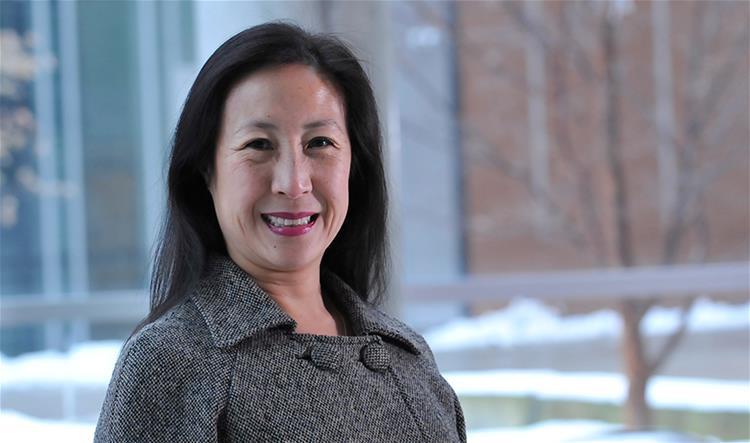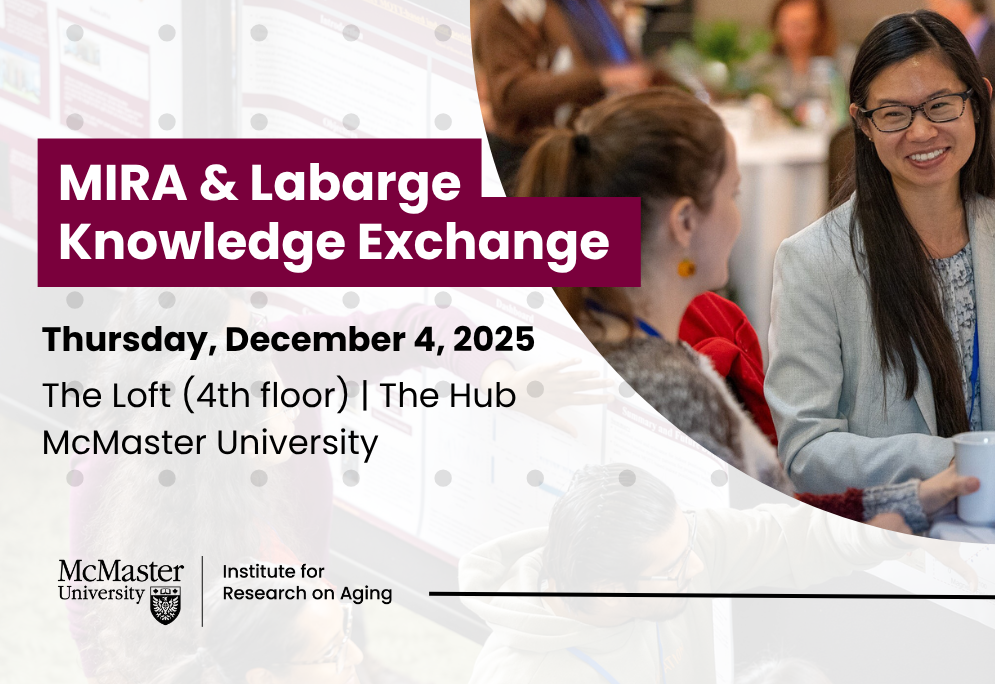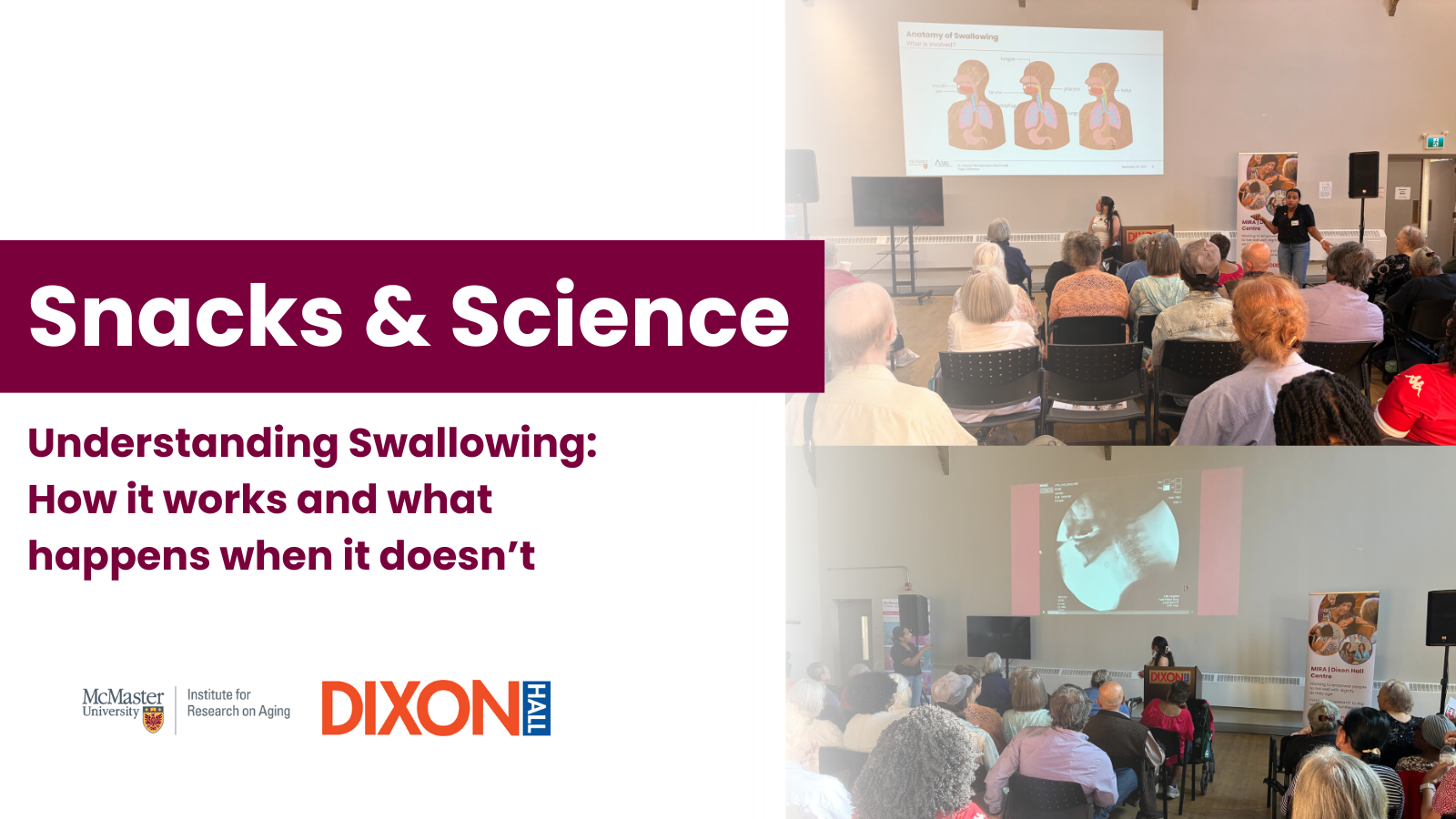
Published: September 10, 2021 By: Mike Beattie
Frailty is a medical condition of reduced function and health in older individuals. Adults with frailty who survive critical illness tend to suffer worse outcomes compared to those who were not frail prior to their illness. Yet, it remains unclear whether COVID-19 plays a significant role in post-ICU frailty and quality of life.
Michelle Kho, an associate professor in the School of Rehabilitation Science at McMaster and a physical therapist and researcher at St. Joe’s, will lead the multi-centre REVIVe study.
“The primary goal of REVIVe is to identify factors associated with frailty at hospital discharge in adult and pediatric critical illness survivors of COVID-19. We know that patients with frailty have a higher chance of health problems after surviving critical illness, compared to those who are not frail. We need to study this in COVID-19 critical illness survivors and identify in-hospital factors associated with frailty at hospital discharge,” said Kho.
Preliminary studies have suggested that some patients may experience symptoms after a COVID-19-related ICU stay. This phenomenon has been named “Long COVID” by survivors. Studies on the factors that could magnify post-acute symptoms, such as frailty, are urgently needed.
The REVIVe team aims to enroll approximately 750 adult and 150 pediatric critical care survivors who were hospitalized in the ICU due to COVID-19. To accomplish this, the study’s multi-disciplinary team includes researchers from rehabilitation science, medicine, pediatrics, clinical epidemiology, and other fields. The team’s co-leaders include Dr. Karen Choong, professor of pediatrics at McMaster University, and Dr. Oleksa Rewa, assistant professor at the University of Alberta. The team is also collaborating with the Canadian Critical Care Trials Group.
Kho has published numerous studies on intra-ICU rehabilitation, including the CYCLE trial that is studying the efficacy of using an in-bed cycling program to reduce long-term post-ICU weakness. She holds a Canada Research Chair in Critical Care Rehabilitation and Knowledge Translation.
“It’s important to understand that surviving an ICU stay is only the start of recovery,” said Kho. “Long-term recovery can take weeks, months, or even years depending on the severity of the illness and length of the ICU stay.”
Extensive rehab may be required for a variety of post-ICU symptoms, such as muscle weakness, difficulty breathing, fatigue, and others that can affect patients’ quality of life.
The REVIVe study, which is expected to continue through to 2024, will help policy makers understand how patients’ frailty status at hospital discharge can inform future decisions about hospital resources, including planning post-ICU rehabilitation services for survivors, such as physical therapy, occupational therapy, speech-language pathology, and psychology. It will further educate the healthcare workers and the community on the importance of rehabilitation for patients recovering from COVID-19.
This article was first published on Brighter World. Read the original article.

